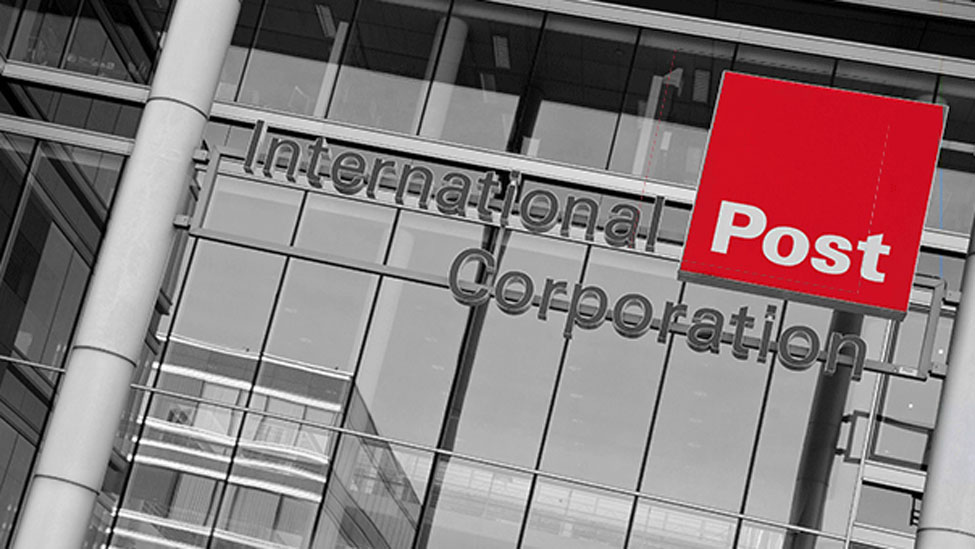
Posts in IPC Sustainability programme saved €1.7 billion on fuel since 2008

The 2018 IPC sustainability report, released today said that posts participating in the IPC Sustainability programme have saved more than 15 million tonnes of carbon emissions since 2008.
The twenty postal operators from five continents in the programme have also cumulatively saved €1.7 billion
on fuel and electricity since 2008.
The IPC Environmental Measurement and Monitoring System (EMMS) remains one of the few, service sector-wide initiative responding to the risks posed by climate change.
In 2008, EMMS participants set themselves two targets to reach collectively by 2020: to achieve a score of at least 90% in carbon management proficiency, and to reduce combined carbon emissions from own operations by 20%. After achieving the emissions target in 2014, a new intensity reduction target was set: to reduce total carbon emissions per letter mail and per parcel by 20% by 2025. This target focuses on delivery efficiency, and has also broadened the scope of the EMMS programme to include outsourced transport. It was approved by the Science Based Target (SBT) initiative.
EMMS participants achieved an overall carbon management proficiency score of 88% in 2017, up 32 percentage points from 2008 and less than two percentage points shy of the 2020 target. This improvement, of 32 percentage points from since the start of the programme, equates to an annual average increase of 3.6 percentage points.
Holger Winklbauer, CEO of IPC says: “The participating posts have maintained momentum in their successes despite the challenging industry trends. Alongside the impressive collective achievements of the group, many posts stand out at the individual level. Ten posts have now surpassed the 90% target, up from seven in 2016, while a further six achieved overall scores of at least 80%.”
While mail volumes decline and delivery points increase, fewer letter mail items are being delivered to households and businesses alike. While posts face many challenges in improving their emissions intensity, letter mail delivery efficiency improved to 35.3 grams of CO2 per item in 2017, down 4.3% on 2013. Moreover, despite parcels having a much higher carbon footprint than letter mail, parcel delivery efficiency has improved significantly, with the group reporting 423.9 grams of CO2 per item in 2017, down 16.1% on 2013 results.
Winklbauer continued: “The EMMS programme also continues to show leadership in an ever-evolving global corporate sustainability landscape. In 2019 our programme will be expanded beyond carbon management to encompass broader sustainability goals. Following extensive engagement with both internal and external stakeholders, the following UN SDGs have been identified as those on which the postal sector can have the most positive impact: Climate action (Goal 13); Sustainable cities and communities (Goal 11); Responsible consumption and production (Goal 12); Decent work and economic growth (Goal 8); and Industry, innovation and infrastructure (Goal 9). The alignment of the sustainability programme with the UN SDGs not only responds to the expectations of our external stakeholders, but demonstrates the continuous evolution of our programme and the desire of our participants to have a positive influence on the most pressing global sustainability challenges.”
Participants are also switching to renewable sources of electricity, which in 2017 accounted for 30% of total electricity used in buildings, up from the 28% reported in 2016. While the share varies across the group, more than 80% of participants reported purchasing or generating some form of green electricity during the year. Eight participants have now made the impressive transition to using 100% renewable electricity.
For a full download of the report please click here.











